Filter by
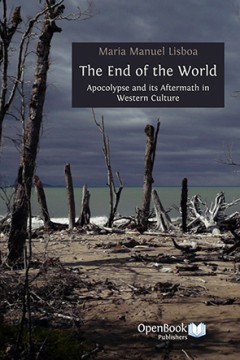
The end of the world : apocalypse and its aftermath in Western culture
This book is a tour de force, full of wonderful insights [...] Professor Lisboa is equally at ease when discussing a film like King Kong as when considering a fine point by Derrida, a dramatic passage from Beckett or a picture by Hieronymus Bosch. This is a timely book for the uncertain times in which we live. Its scholarly credentials are unquestionable, its erudition impressive, its analysis …
- Edition
- -
- ISBN/ISSN
- 9781906924522
- Collation
- xv, 194 p. : ill.
- Series Title
- -
- Call Number
- 809.93382 LIS t
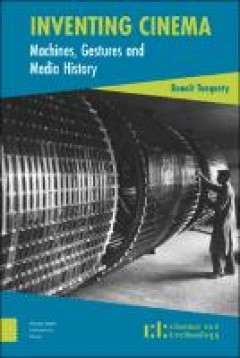
Inventing cinema : machines, gestures and media history
With machines mediating most of our cultural practices, and innovations, obsolescence and revivals constantly transforming our relation with images and sounds, media feel more unstable than ever. But was there ever a ‘stable’ moment in media history? *Inventing Cinema* proposes to approach this question through an archaeology and epistemology of media machines. The archaeology analyses them…
- Edition
- -
- ISBN/ISSN
- 9789048550463
- Collation
- 267 p.
- Series Title
- Cinema and Technology,
- Call Number
- 778.53 TUR i
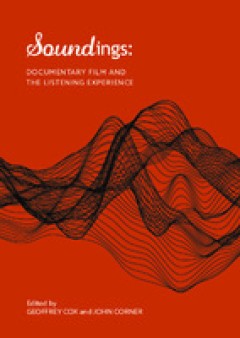
Soundings : documentary film and the listening experience
This book draws on the lived experience of sound’s capacity to move and shake us in direct, subtle and profound ways through speech, location sound, and music in documentary film. The associative, connotative and sheer emotive power of sound has the capacity to move and shake us in a myriad of direct, subtle and often profound ways. The implications of this for its role as speech, location so…
- Edition
- -
- ISBN/ISSN
- 9781862181540
- Collation
- 298 p.
- Series Title
- -
- Call Number
- 070.18 SOU s
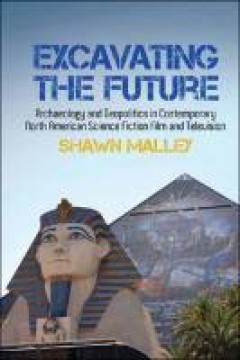
Excavating the future : archaeology and geopolitics in contemporary North Ame…
Well-known in science fiction for tomb-raiding and mummy-wrangling, the archaeologist has been a rich source for imagining ‘strange new worlds’ from ‘strange old worlds.’ But more than a well-spring for SF scenarios, the genre’s archaeological imaginary invites us to consider the ideological implications of digging up the past buried in the future. A cultural study of an array of very…
- Edition
- -
- ISBN/ISSN
- 9781786948731
- Collation
- XV, 228 p.
- Series Title
- -
- Call Number
- 791.43615097 MAL e
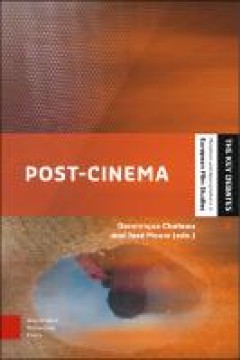
Post-cinema : cinema in the post-art era
This volume explores new ways of considering, experiencing and making films in a time of technological transition. It brings together an international group of scholars and artists from a variety of countries, who speak different languages and come from different cultural and disciplinary backgrounds.
- Edition
- -
- ISBN/ISSN
- 9789048551941
- Collation
- 364 p.
- Series Title
- -
- Call Number
- 791.4301 POS p
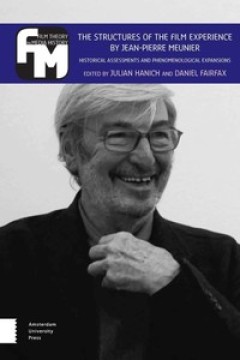
The structures of the film experience by Jean-Pierre Meunier : historical ass…
For the first time this volume makes Jean-Pierre Meunier's influential thoughts on the film experience available for an English-speaking readership. Introduced and commented by specialists in film studies and philosophy, Meunier's intricate phenomenological descriptions of the spectator's engagement with fiction films, documentaries and home movies can reach the wide audience they have deserved…
- Edition
- -
- ISBN/ISSN
- 9789048537846
- Collation
- 354 p.
- Series Title
- -
- Call Number
- 791.43019 STR s
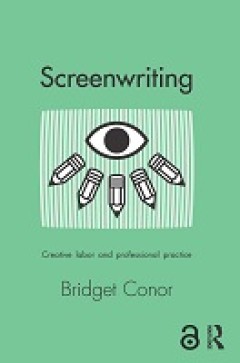
Screenwriting : creative labor and professional practice
Screenwriting: Creative Labor and Professional Practice analyses the histories, practices, identities and subject which form and shape the daily working lives of screenwriters. Author Bridget Conor considers the ways in which contemporary screenwriters navigates and make sense of the labor markets in which they are immersed. Chapters explore areas including screenwriting as creative labor, scre…
- Edition
- -
- ISBN/ISSN
- 9780203080771
- Collation
- VII, 155 p.
- Series Title
- -
- Call Number
- 791.43023 CON s
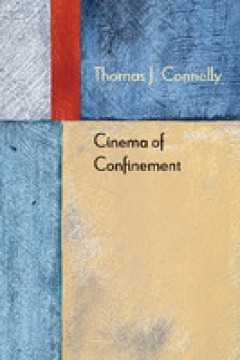
Cinema of confinement
In this book, Thomas J. Connelly draws on a number of key psychoanalytic concepts from the works of Jacques Lacan, Slavoj Žižek, Joan Copjec, Michel Chion, and Todd McGowan to identify and describe a genre of cinema characterized by spatial confinement. Examining classic films such as Alfred Hitchcock's Rope and Stanley Kubrick's The Shining, as well as current films such as Room, Green Room,…
- Edition
- -
- ISBN/ISSN
- 9780810139237
- Collation
- X, 179 p.
- Series Title
- -
- Call Number
- 791.43653 CON c
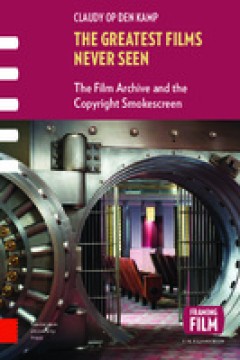
The greatest films never seen : the film archive and the copyright smokescreen
Orphan works, or artworks for which no copyright holder is traceable, pose a growing problem for museums, archives, and other heritage institutions. As they come under more and more pressure to digitize and share their archives, they are often hampered by the uncertain rights status of items in their collections. This book uses the prism of copyright to reconsider human agency and the politics …
- Edition
- -
- ISBN/ISSN
- 9789048531042
- Collation
- 185 p.
- Series Title
- Framing Film
- Call Number
- 026.79143
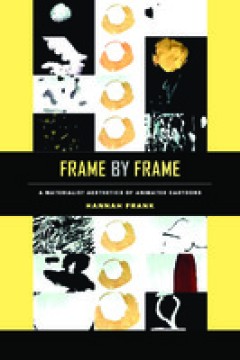
Frame by frame : a materialist aesthetics of animated cartoons
For most of the twentieth century, the making of animated cartoons was mechanized and standardized to allow for high-volume production: thousands of drawings were inked and painted onto individual transparent celluloid sheets (called "cels") and then photographed in succession, a labor-intensive process that was divided across scores of artists and technicians, most of them anonymous. In order …
- Edition
- -
- ISBN/ISSN
- 9780520972773
- Collation
- xlix, 222 p.
- Series Title
- -
- Call Number
- 791.433409 FRA f
 Computer Science, Information & General Works
Computer Science, Information & General Works  Philosophy & Psychology
Philosophy & Psychology  Religion
Religion  Social Sciences
Social Sciences  Language
Language  Pure Science
Pure Science  Applied Sciences
Applied Sciences  Art & Recreation
Art & Recreation  Literature
Literature  History & Geography
History & Geography